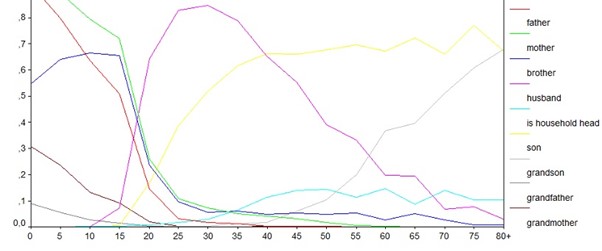Current third-party funded projects
Worker-soldiers, revolutionaries in uniform or 'defensive' proletarians? Negotiations of military masculinities in socialist contexts in Austria-Hungary and the First Republic (1914-1934)
| Duration: | October 2023 - October 2025 |
| Employees: | Viktoria Wind, Heidrun Zettelbauer |
| Funding body: | Academy of Sciences and Humanities |
Short description:
Following de/constructivist approaches, the dissertation project focuses on the processuality, instability and performance of gender constructions. The project focuses on socialist military concepts of masculinity during the First World War and the First Republic of Austria until 1934, examining the discursively negotiated dimensions of meaning, figures, imaginations and delimitation foils of military and proletarian 'defensive' concepts of masculinity in the Austro-Hungarian army, the Volkswehr (People's Army), the Austrian army and the Austrian military. army, the Volkswehr, the Bundesheer and the Republikanischer Schutzbund. In addition, interactions with simultaneously existing soldierly, revolutionary, republican and proletarian identities are examined, and the subjectivation practices of social democratic and communist actors are brought into focus.
Demography and social structures in historical Southeast Europe
| Term: | 1.11.2021-31.10.2025 |
| Staff members: | Daniel-Armin Đumić, Dr. Siegfried Gruber |
| Funding body: | FWF |
Short description:
Questions about historical demography and social structures in South-Eastern Europe will be examined across countries and differences within countries (urban-rural, occupational groups) will also be identified. As a basis for this, the largest European database of historical census data outside the already established centers of historical-demographic research will be created.
